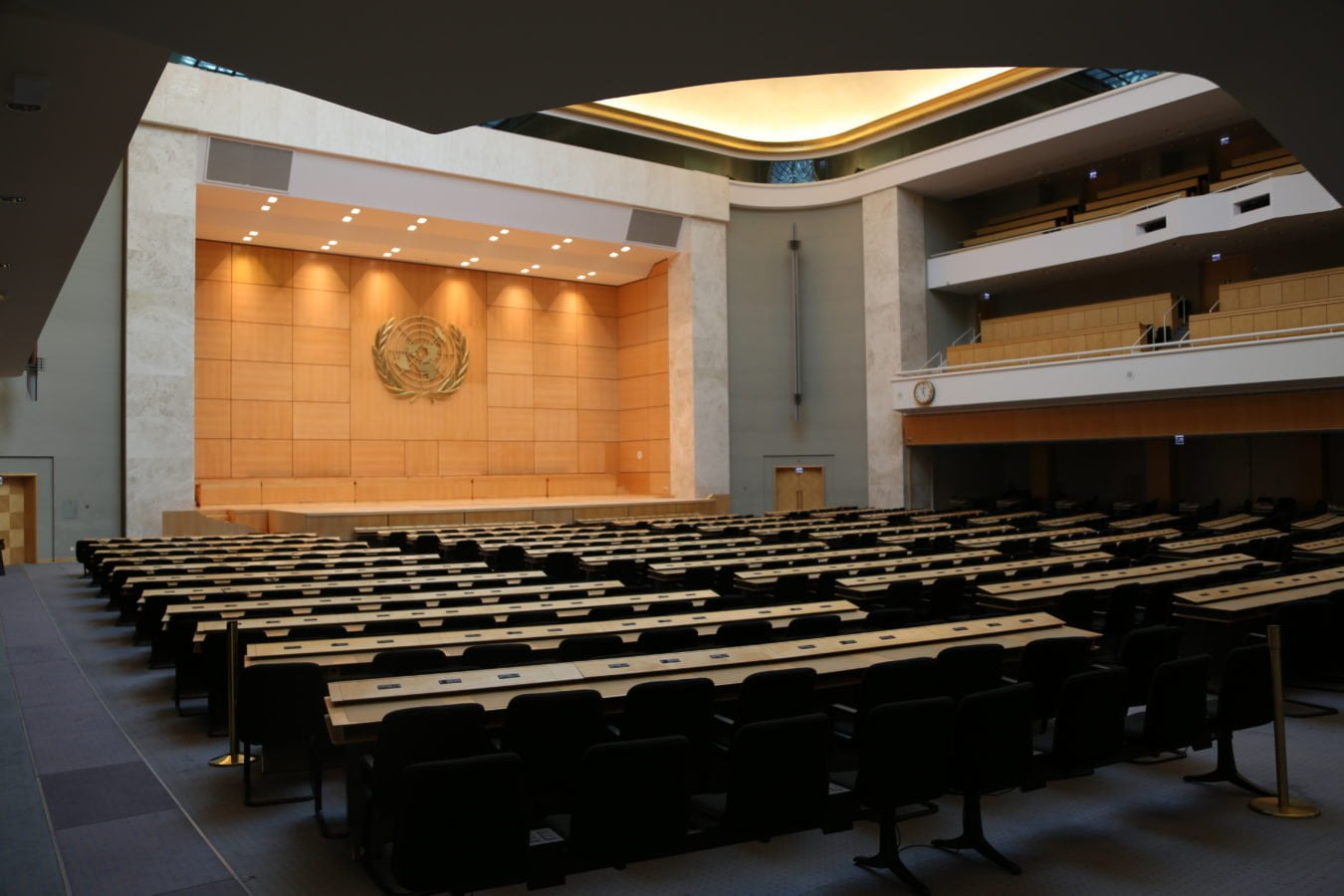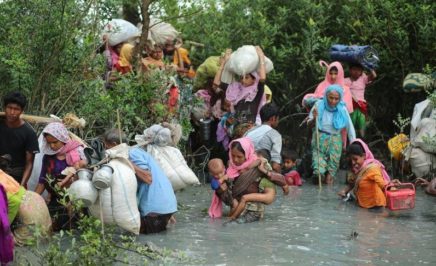Following the Australian Government’s vote at the United Nations Human Rights Council in Geneva overnight in support of creating a new evidence-collection and case-building body to hold the Myanmar military accountable for crimes against the Rohingya population, Diana Sayed, Amnesty International Australia’s Rohingya Rights Campaigner, said:
“We welcome the Australian Government’s vote in support of the resolution to establish an accountability mechanism to collect and preserve evidence of the Myanmar military’s crimes against the Rohingya population and build cases for future prosecutions.
“This is an important step on the road to justice – a decision that takes us one step closer to bringing the perpetrators to justice.
“It is a victory for our supporters, our movement and most importantly the people of Myanmar – including the Rohingya, Kachin, Shan and Ta’ang ethnic minorities – who have suffered at the hands of the Myanmar military.
“Although it will not in any way compensate for the atrocities victims and survivors have experienced, they will at least know a process towards justice has begun.
“Although it will not in any way compensate for the atrocities victims and survivors have experienced, they will at least know a process towards justice has begun”– Diana Sayed, Amnesty International Australia’s Rohingya Rights Campaigner
“This comes off the back of Foreign Minister Marise Payne’s positive words last week indicating Australia is considering sanctions being imposed on the Myamnar officials responsible for crimes against humanity.”
Amnesty International’s Crisis Response Director, Tirana Hassan, added:
“While the UN Security Council remains bogged down by politics, the Human Rights Council has stepped up to the challenge with this serious and constructive approach to pave the way for justice. It sends a clear message of solidarity to the victims and survivors, as well as a stark warning to Myanmar’s military that their crimes will be punished.”
“China’s attempt to block the resolution was stopped – with 35 states voting to adopt, three voting against and seven abstaining.
“It is deeply disturbing that China sought to shield perpetrators from justice and accountability by calling a vote on this resolution. This move to block justice and accountability for Rohingya and other minorities comes at a time when China is committing serious human rights violations against Uighurs and other Muslim minorities within its borders. History will judge China’s leaders harshly for their blatant contempt for justice.
“While the UN’s Human Rights Council has today taken meaningful action in the fight for justice in Myanmar, more work remains to be done. The UN Security Council has a clear responsibility to refer the situation to the International Criminal Court. Its ongoing failure to do so is a stain on its credibility as the global body tasked with maintaining international peace and security.”
Background
More than 725,000 Rohingya women, men, and children fled northern Rakhine State to neighbouring Bangladesh after 25 August 2017, when the Myanmar security forces launched a widespread and systematic assault on hundreds of Rohingya villages. The onslaught came in the wake of a series of attacks on security posts by a Rohingya armed group, the Arakan Rohingya Salvation Army (ARSA).
Amnesty International has documented extensively the military’s atrocities, including targeted burning of Rohingya villages, the use of landmines and the commission of other crimes against humanity including murder, rape, torture, forced starvation and forced deportation as well as other serious human rights violations against the Rohingya. The organisation has also documented war crimes against ethnic minorities in Kachin and northern Shan States, where violations are ongoing.
On 18 September 2018, the UN Fact-Finding Mission on Myanmar presented its final report to the Human Rights Council, providing yet more evidence of the military’s crimes in Myanmar. The Fact-Finding Mission called for senior military officials and other suspected perpetrators to be investigated and prosecuted for crimes against humanity, war crimes and genocide.
Earlier this week, Amnesty International delivered more than 90,000 signatures from people around the world to members of the UN Human Rights Council in Geneva, calling for the establishment of an accountability mechanism for atrocities in Myanmar. The organisation also called on world leaders at the General Assembly to hold Myanmar’s military leaders to account.



